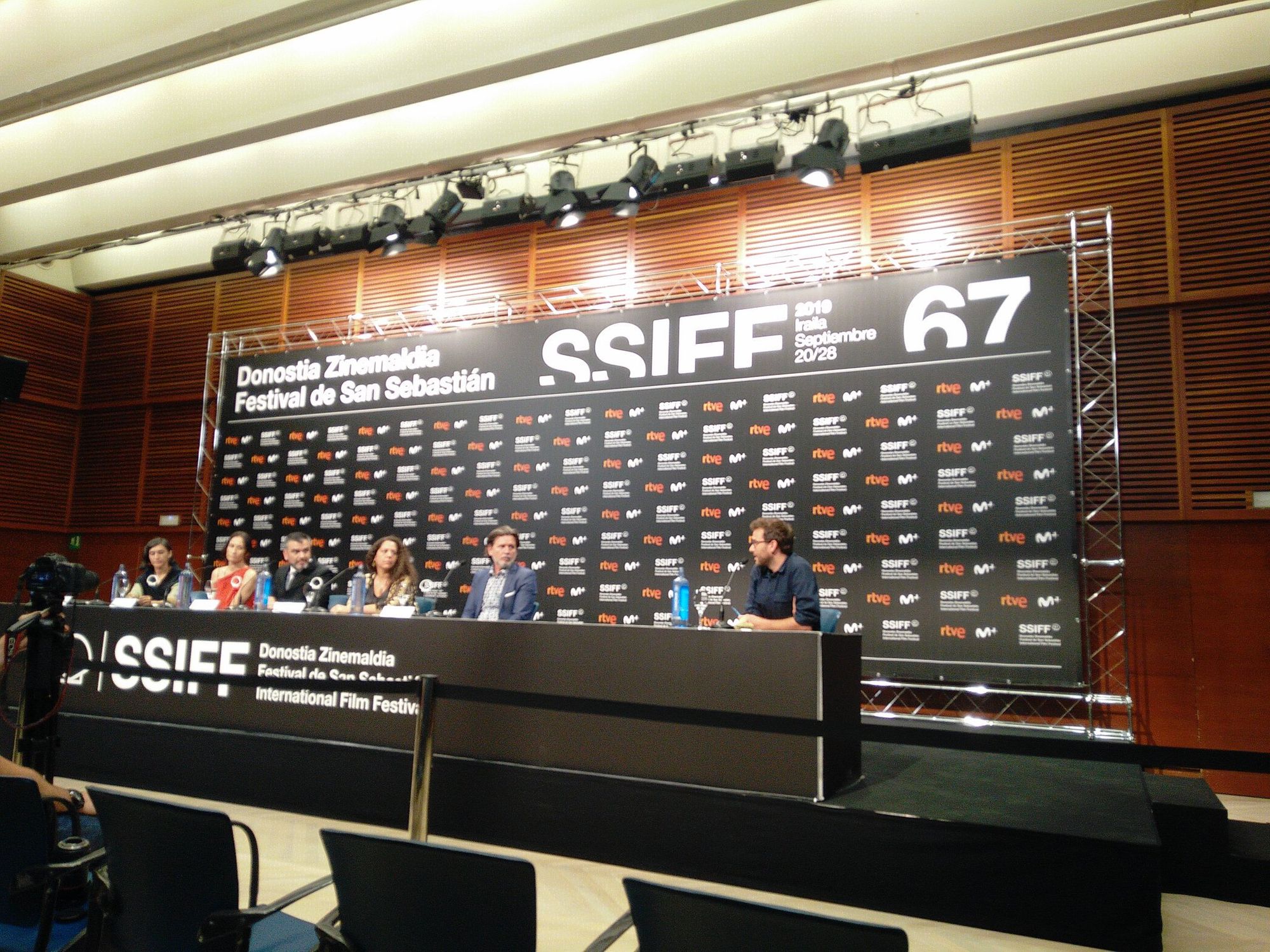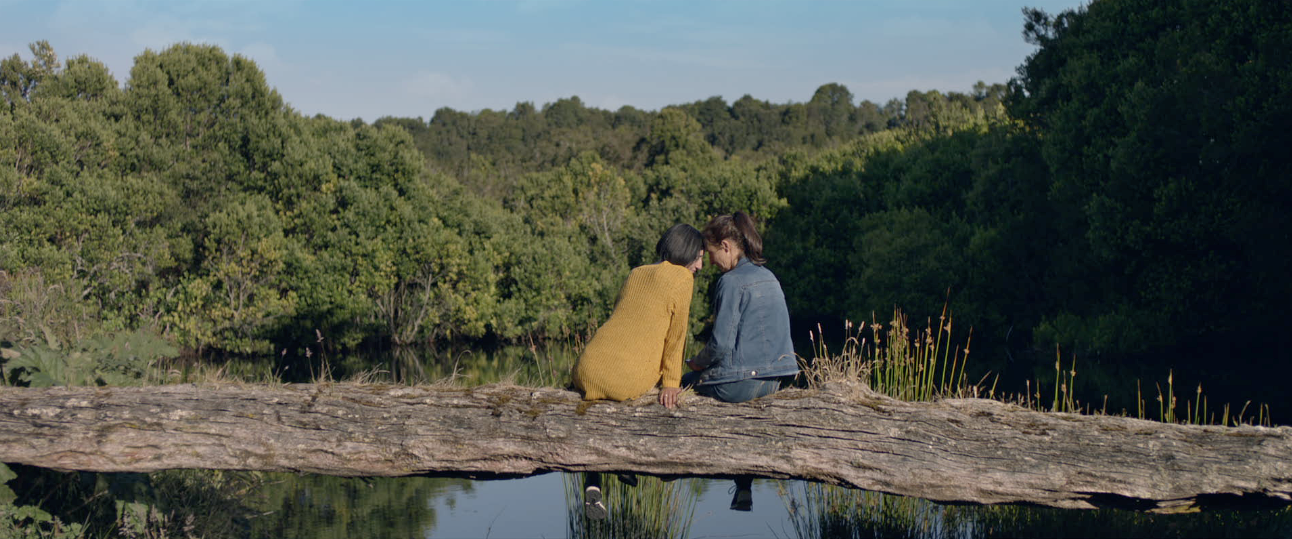By Siavash Minoukadeh, Entertainment Sub-Editor
Death Will Come and Shall Have Your Eyes (2019) is a film that is impossible to attempt to describe. This is an account of that attempt.
When watching films, I try to work out what the film is trying to do and then, judge how well it manages to do it. Watching Hereditary (2018) and reviewing it as a comedy is obviously unfair on the film. Normally, this serves me well and makes working out what I think about a film easier.
Why say all this? Well, because I am now faced with a film where I have absolutely no idea what the filmmaker was trying to do. None. If you asked me to describe the plot of Death Will Come and Shall Have your Eyes (2019), I would be at a loss. If I had to describe its tone or genre, I couldn’t.

It is billed as a love story, and to an extent, this Chilean film broadly does track a couple. The opening frame is of two middle-aged women, Ana (Amparo Noguera) and María (Julieta Figueroa) embracing and kissing. This seemed like a promising premise given that so much LGBTQ+ cinema has tended to be focussed on men and a whole generation of queer people - those who are now middle-aged - have tended to be erased from cinema altogether.
What 👏🏻a 👏🏻 bore 👏🏻 DEATH WILL COME AND IT SHALL HAVE YOUR EYES is. It boils down to a series of static & monotuous close-ups interspersed with wide shots of nature. It might have offered a desperate portrait of a couple dealing with death but is just a flavourless flick #LFF2019 pic.twitter.com/7FY5nkMPHO
— serena @ LFF 👹 (@29s____) October 6, 2019
Unfortunately, it is not really clear what this couple do over the course of the film. For a lot of it, however, it is nothing. There is far too much silence in the film and there are periods of five minutes or so which pass by without a word being spoken. I understand that silence can have a powerful dramatic effect or develop tension, but there needs to be some emotional connection to the characters.
I am now faced with a film where I have absolutely no idea what the filmmaker was trying to do.
It is clear that María is dying, but of what or over what period of time is completely unclear. This is then interrupted by a few surreal vignettes which completely disrupt the flow of the already-thin plot. In one, a teenage girl, seemingly left in the wild, is taken in by a kindly old woman. Is this girl María when she was younger? Is the old woman Ana when she is older? There is no answer provided.
In another such diversion from the main plot, there is a sub-plot of an older man wandering in a forest where he stumbles upon someone who becomes his young lover. This initially seems to be Marîa’s uncle - he is mentioned in the previous scene - but he is wearing contemporary clothes. What, if any connection this scene has to the rest of the film is tenuous at best.
Death Will Come and Shall Have Your Eyes' official trailer | cineuropa
The most significant redeeming feature of the film is its cinematography. Every scene is beautiful to look at. From the forest scenes where each leaf sways vividly, to the sensuous close-ups of human skin: each frame is gorgeously captured, and could be a still in its own right. It’s simply a shame that the delightful filming has nothing to show. It is here where the film’s wasted potential is most clear.
It’s simply a shame that the delightful filming has nothing to show.
Maybe this is reflective of me not understanding the references made in the film, or not being emotionally intelligent enough to understand the subtext of the film. I am not ruling that out, and am confident that Torres Leiva had a clear concept in mind, but if I can’t grasp it, I doubt a large audience will be able to either.

It could be that if, at some later point, I knew what Death Will Come and Shall Have Your Eyes is trying to do, I would realise that it does it perfectly. Until then, the film remains a beautiful and enigmatic experience, but one which is ultimately futile, unsatisfying and wasteful.
Featured: Variety / Violeta Medina
If a film’s meaning cannot be understood, is it still of worth?








